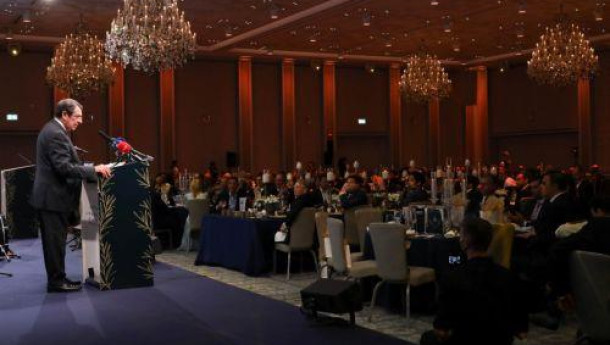
Cyprus President Nicos Anastasiades said on Friday he is cautiously optimistic that the island, as in the crisis of 2013 and the Covid-19 pandemic will emerge stronger from the new crisis sparked by the invasion of Russian invasion of Ukraine.
Addressing the international investments awards, the President stressed that following the Covid-19 pandemic, “we are now facing a new challenge as a result of the Russian invasion in Ukraine, with high fuel prices and rising inflation.”
President Anastasiades also noted that the sanctions we have imposed at a European level on Russia have also brought another negative impact on economic activity in the island, especially on tourism, banking and services exports, taking into account our connection with Russia in these fields.
“Nonetheless, we remain optimistic that, based on the prudent financial and economic management, as well as the constant differentiation of our development model, we will also be able to address this challenge,” he added.
“We have proven the resilience of the Cyprus’ economy in times of crisis, both in 2013 and during the pandemic and I have I no doubt that we will emerge even stronger from the current crisis we are facing,” he said, adding “to this end, each and every one of you present tonight constitute an integral part to this effort, particularly in establishing Cyprus as a reliable and attractive business hub, keen on providing the conditions under which any investor can thrive.”
Furthermore, Anastasiades referred to the short and medium-term measures aiming at attracting foreign investments such tax incentives and the government’s new strategy for attracting international companies and businesses and for already established ones in expanding their activities in the island, with emphasis placed on the fields of High Technology, Shipping, Innovation, Research and Development.
Furthermore, he also referred to the government’s plan, titlted “Cyprus of tomorrow”, with an overall budget of 4.4 billion euros, comprising the main European Funds, namely the Recovery and Resilience Funds and the Cohesion Funds, with the key strategic goal of strengthening the economy’s resilience and the country’s potential for economically, socially and environmentally sustainable long-term growth and welfare.
Concluding, Anastasiades reiterated that “improving the business environment remains one of our most important priorities since we strongly believe that attracting foreign investments is one of the key drivers of economic growth, particularly in periods of intense international competition and of great challenges.”


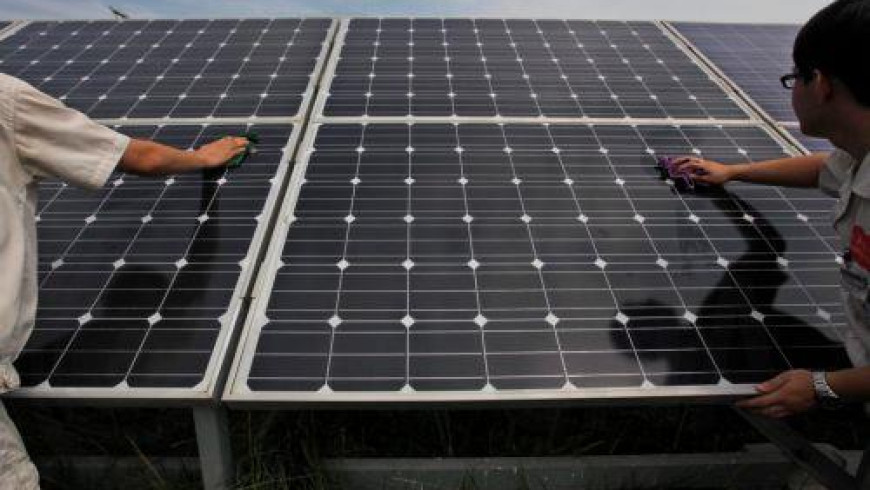

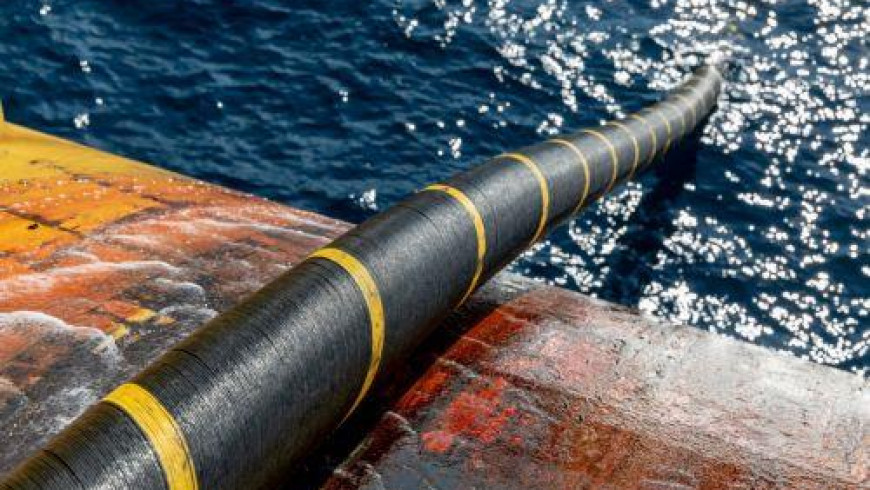
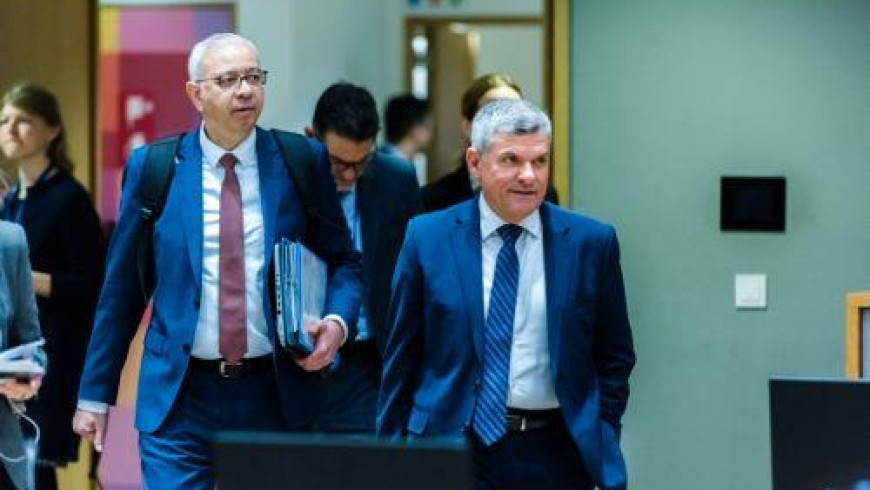
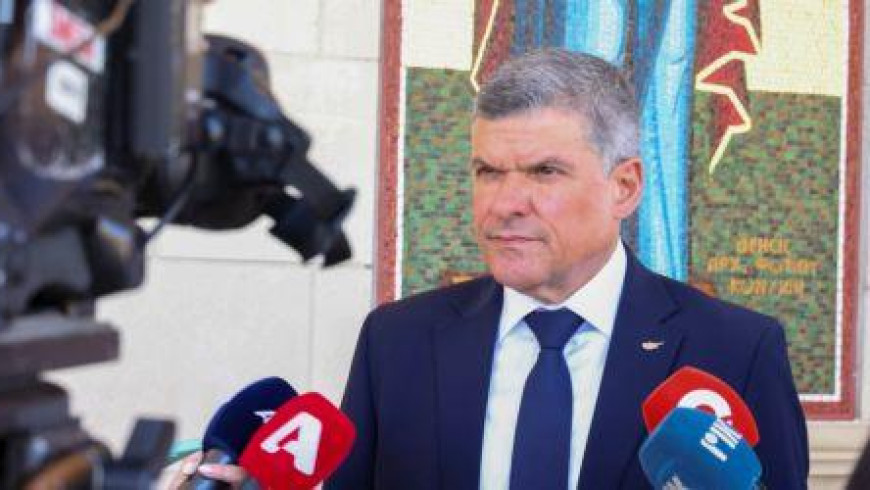
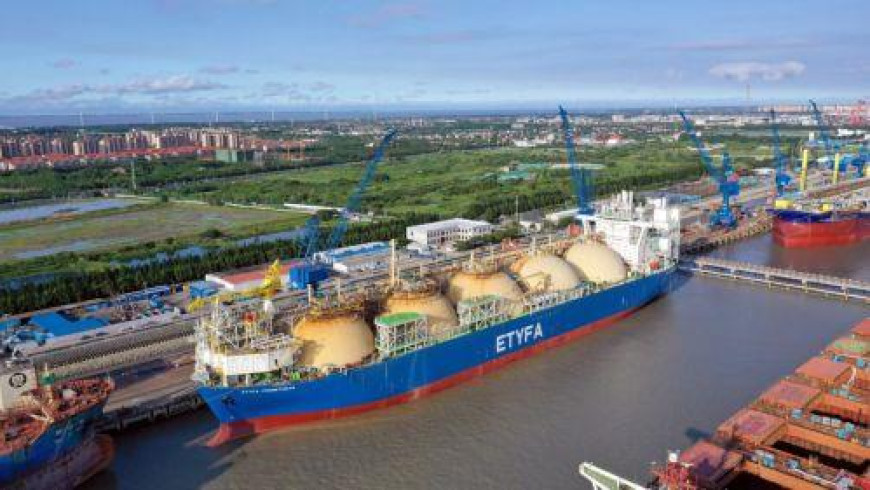
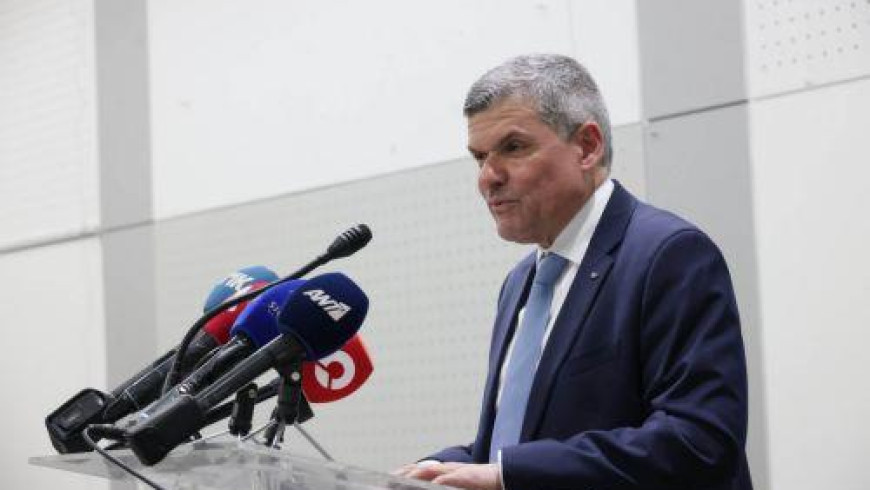




 3287.99
3287.99 1275.09
1275.09
